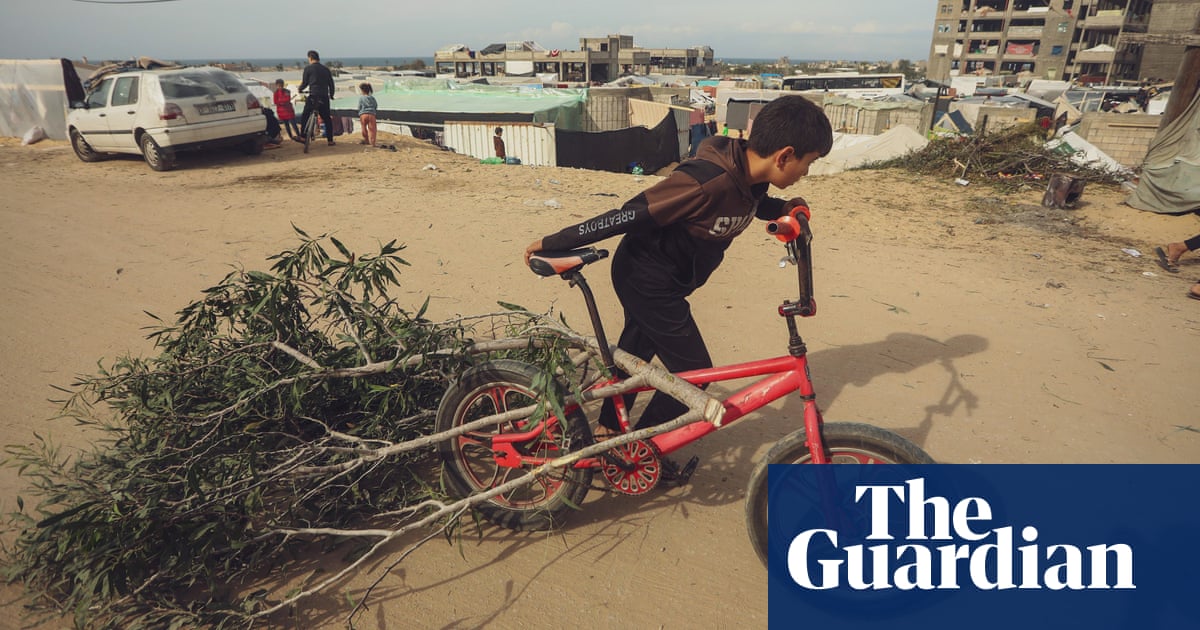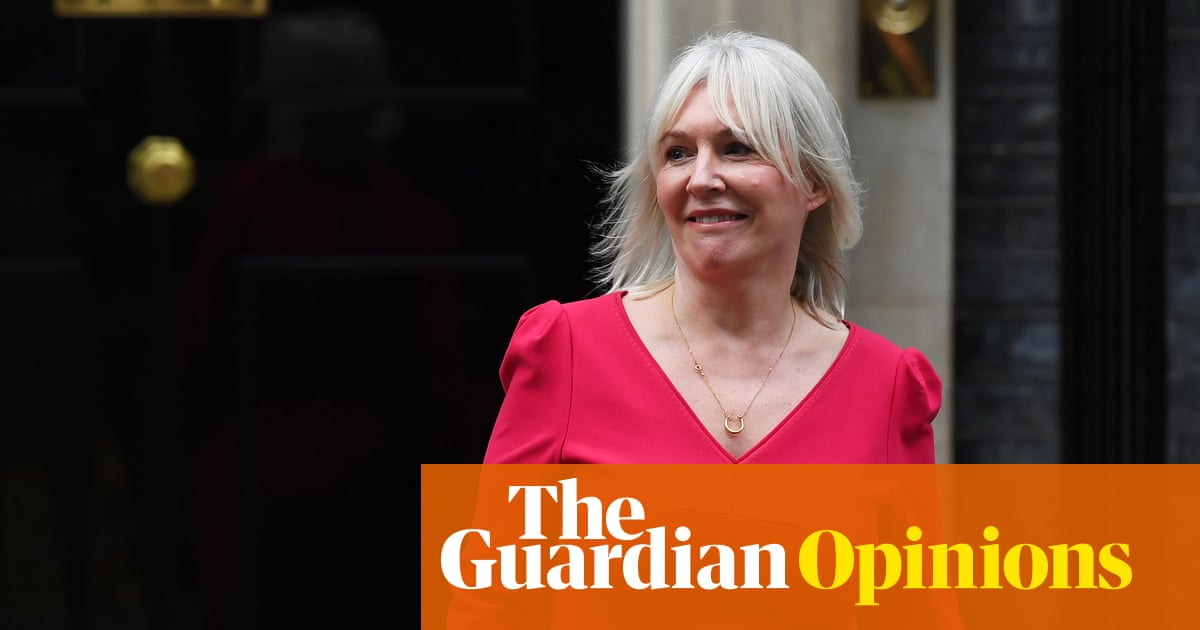
Two weeks out from the Christmas break, and across the US the annual note from school PTAs reaches parents: it is time to recognise this year’s efforts by teachers through contributions to the holiday fund. It’s a solicitation that goes out every year, but this year the wording is particular. The past 12 months have been terrible, period, but particularly terrible for those working in schools. Please dig deep, we are advised; these are uniquely difficult times.
It’s not only a whip-round but an invitation for thanks and praise that, in these endless, waning days of the pandemic, seems to belong to an earlier time. If we were frightened in 2020, there was also a sense of readjustment, much discussed, about what we owed to one another. There was a warm glow of mutual responsibility. Those taken for granted were lauded and rewarded. In New York, food delivery apps introduced a button for a 40% tip, and teachers and doctors were heroes. Nothing lasts, of course, but the collective sense of a near-death experience meant that – as many thought in the heat of the moment – some version of this gratitude would.
It didn’t, obviously. Over the past year, gratuities winnowed back to 20% and griping about school schedules resurfaced. What’s curious, perhaps, isn’t the return to business as usual, but a decisive swing from valorising certain groups to effectively demonising them. Last month, in some school districts in the US, school closures were announced not as responses to rising Covid numbers, but to accommodate teacher burnout. Detroit public schools decided that, until the end of the year, they would close their classrooms every Friday and revert to online learning. In Florida, the school holidays were extended.
Seemingly on a dime, the mantra “teachers are great” flipped to “teachers don’t want to work”. People were furious.
Part of this dynamic is just basic energy flow. It’s a feature of burnout that while one’s own is deeply felt and definitely real, other people are mostly faking it. The state of burnout erodes tolerance. To nurse one’s own bruised system relies on everyone else’s being up and running. No one has the bandwidth to accommodate the needs of others, particularly if they make one’s own life more difficult.
There’s a question of association, too, perhaps. For a lot of people, school functionality is the single biggest barometer of where we are in the pandemic. Part-closures, teacher burnout, even solicitations for gratitude interfere with the sense that we are on the other side of this thing. No one wants to be reminded of the awful days of 2020, when our kids sat frozen for hours on Zoom. At every stage of the pandemic, there has been a second world war analogy waiting unhappily in the wings, and in this case it’s Churchill being voted out of office in 1945.
According to the teaching unions in the US, reverting to a partly remote learning schedule is an effort to keep teachers from resigning. “What you hear from teachers is that it’s been too much,” Randi Weingarten, president of the American Federation of Teachers, told the New York Times. “And they’re trying the best that they can.” It’s an appeal to reason that will get precisely nowhere with parents forced to scramble for childcare if their kids’ school suddenly shuts every Friday.
Even without the practical implications of partial school closures – or indefinite mask mandates when all school-age kids in the US are vaccine-eligible – there is an emotional need served by pivoting to trashing those one latterly admired. A friend referred to it as “the pendulum of hate”, and I suppose if nothing else it’s a swing that falsely implies movement where there might actually be none. These people, once great, have now become tiresome, clinging to how things were when the rest of us have moved on. It’s not the pandemic itself holding us back, but the more absorbable problem of truculent teachers and inflexible unions – a question of perception, not reality.
At this point, all that stands between us and the world as it was in 2019 is apparently a large dose of common sense and the exhortation to buck up. To think otherwise – to consider that we’re all in the same boat, burnt out, fed up and incapable of returning to anything – is simply too dismal a possibility to allow.
Emma Brockes is a Guardian columnist












